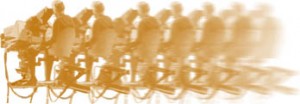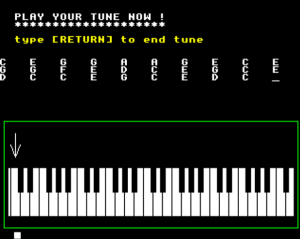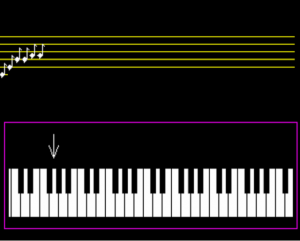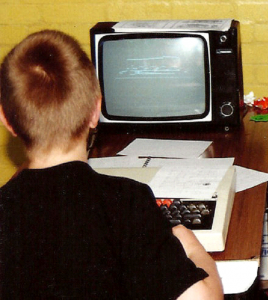See also: Pinkoes and Traitors
Bernie Newnham
I looked up David Allen in the book “Pinkoes and Traitors: The BBC and the nation, 1974 – 1987”. If you don’t know who he is – you have him to thank for the BBC Micro, a game changer in British schools of the 1980s, and part of the reason that the UK is such a big player in the computer games industry.
Alec Bray
I was teaching (Maths and Computer Studies) in a boys’ secondary school when the BBC Micro was first released. It certainly was, as Bernie says, a game changer. We went “WOW!” when we got them – Expansion Ports! Sockets everywhere to plug things into! Memory!
The school had 2 Research Machines 380Zs, a Vic 20, and a couple of BBC-B Micros. The 380Zs had Z80 CPUs and ran CP/M (now that was a nice operating system – you could get into it and change bytes at will…) and Microsoft Basic (amongst other software). The Vic 20 and the BBC-B Micro both had 6502 processors, the BBC Micro being interrupt driven, using its own operating system. The BBC also ran its own BASIC from ROM (amongst other software).
In the Computer Studies classes we had a little race. All the machines were programmed with the same BASIC simple count programme. We ran them for a defined time period. At the end of this time:
The Research Machines got to 300
The Vic 20 got to 3000
The BBC-B got to 30000
I got a BBC-B micro for use at home – but it was an expensive beast. I had to sell a model railway, a garden shed and an Adana printing press and accessories in order to get one (£400 in the early 1980s was BIG money).
A couple of my published programs:
Notemaster
Input:
Playback:
GWR Locos:
This latter program became the inspiration for a program I later developed to allow users to design locomotives based on the Great Western Railway design priciples. This program is available through the Didcot Railway Centre and generates funds for the Great Western Society.
GWR Locomotive Sketchpad
Bernie Newnham
I have two in the loft. Last time I got one out the play “Elite” and “Snapper” it started fine (Darrr-Da) but the disc drive was faulty. Rather sad, but you can still play all the BBC stuff with emulators – http://www.mkw.me.uk/beebem/
Mike Jordan
I still have 2 BBC Micros!
One broken because I pierced the printer port ribbon cable at some point – possibly while installing it in the Viglen box that one could de-rig it into and contained space for disc drives – and the other recovered from a skip in Kendal Avenue and complete with a BBC Radio quiz show scoring software (as I remember from the last time it was turned on MANY years ago). Dual disc drive still around.
I wrote all the 1986 Edinburgh Commonwealth Games Planning sheets on one and scored a goal being able to interface it from my office with the HP printer in the Comms planning Office.
Happy days! Must turn one on sometime.
Dave Plowman
Still using the direct development from that – an Acorn RPC. This is being sent from it, as are all my emails. No worries about picking up the various viruses etc that can be such a problem with Windows.
Of course I also have a PC – a KVM switch shares the monitor etc with this RPC. It’s needed for browsing and AV file handling.
But the RPC still does the vast majority of the stuff I do at home. Not bad for a 20 year old machine, which has never broken down.
Alec Bray
After moving into the IT industry in 1985, I was able to interface the BBC –B as a TTY into a UNIX workstation over the BT telephone lines: this must rank as one of the earliest attempts at “working from home”. But this was only done as a”special” dial-up – and the rest of the interfacing – was not very “fluent”.






